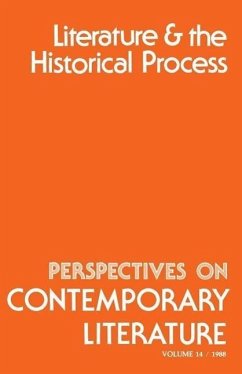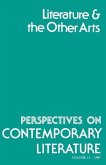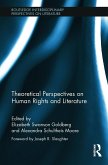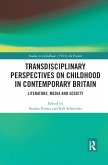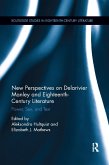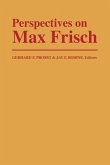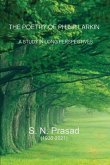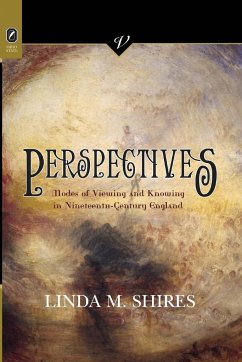In all parts of the world and in every age, many of the greatest works of literature have been shaped or inspired by the swirl of historical events. The wars, holocausts, and mushroom clouds of our own era haunt the pages of many twentieth-century writers; events of the past, even the remote past, also inspire many authors, though their work is contemporary in every way. And if we agree with the poet Czeslaw Milosz that "historicity may reveal itself in a detail of architecture, in the shaping of a landscape," we come to recognize that our understanding of a given poem or novel can often be deepened by a reading from this point of view. The essayists in Literature and the Historical Process explore the ways in which history and literature are intertwined in the works of a number of twentieth-century writers. These probing critical readings from the historical point of view not only enlighten us about the works under consideration but, especially when taken together, enrich our understanding of the literary impulse itself. In "Nature, History, and Art in Elizabeth Bishop's 'Brazil, January 1, 1502,'" for example, Barbara Page shows how Bishop "used and rearranged" knowledge derived from her study of Brazil's history. Page's somewhat feminist reading may surprise those who find Bishop's poetic persona hard to identify.Among the other authors considered are Jorge Luis Borges, Michel de Ghelderode, Elizabeth Bowen, Rose Macauley, Anthony Burgess, Hugo von Hofmannsthal, Cesare Pavese, and Czeslaw Milosz.
Hinweis: Dieser Artikel kann nur an eine deutsche Lieferadresse ausgeliefert werden.
Hinweis: Dieser Artikel kann nur an eine deutsche Lieferadresse ausgeliefert werden.

